On Air Now
Calm Classics with Ritula Shah 10pm - 1am
Frederick Delius is an English Romantic composer, whose best pieces include 'A Mass of Life' and 'A Village Romeo and Juliet'. Find out more about the man and his most famous music with our handy guide.

Frederick Delius is generally considered to be a truly international composer, having lived and worked across Europe and America - in Germany, France, Norway and Florida - and much of his music is inspired by the literature and natural world of these surroundings
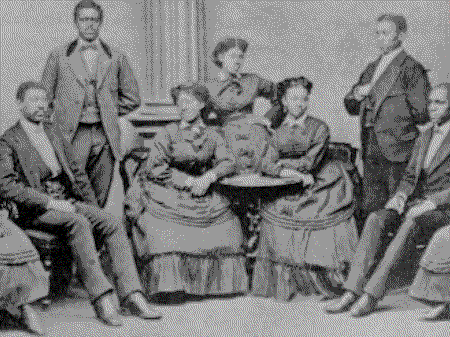
Delius was heavily influenced by African American spirituals and those that sang them. It is thought that this fascination with the genre dates back to when the Fisk Jubilee Singers, a celebrated African American acapella ensemble toured Britain and Europe during the 1870s
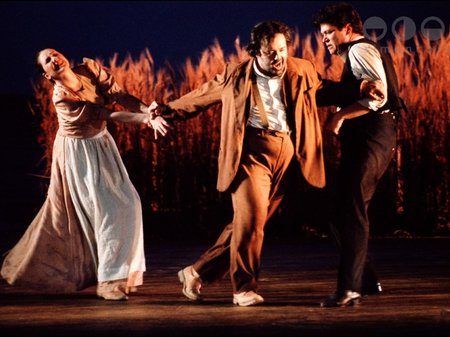
One of Delius’ best known works, "Walk to the Paradise Garden", is the orchestral interlude between Scenes 5 and 6 of the opera "A Village Romeo and Juliet" Photo - Simon Corder
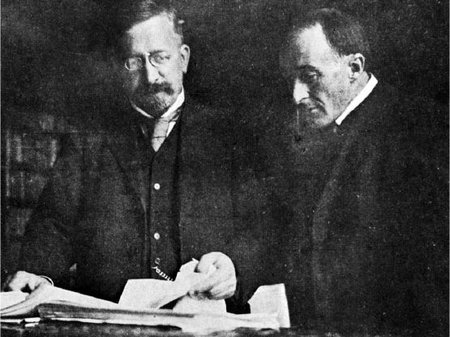
Delius enjoyed a close relationship with conductor Hans Haym. He championed Delius in Germany from early in to his career, and Delius dedicated his piece Paris (Song of a Great City) in 1899

One of the pieces Delius dictated to Eric Fenby was A Song to Summer, which derived from an unpublished 1918 work called Poem of Life and Love, which Delius told Peter Warlock he had “misplaced”
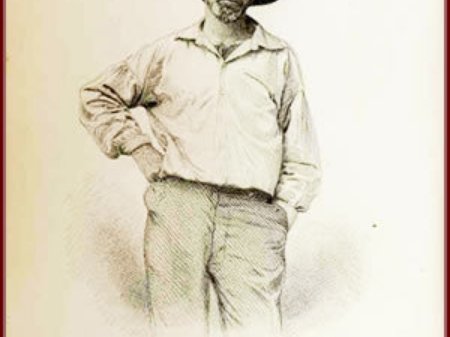
Delius’s piece Sea Drift takes its name from a Walt Whitman poetical compilation Leaves of Grass, and the piece itself includes text from Whitman’s poem Out of the Cradle Endlessly Rocking.

Delius was also influenced by Norwegian folk lore for his orchestral piece Eventyr (Once Upon A Time), written in 1917

In 1897 Delius moved to Grez-sur-Loing, a village 40 miles southeast of Paris. He was based there for the rest of his life, apart from a brief period during the First World War when he sheltered in England and in Norway
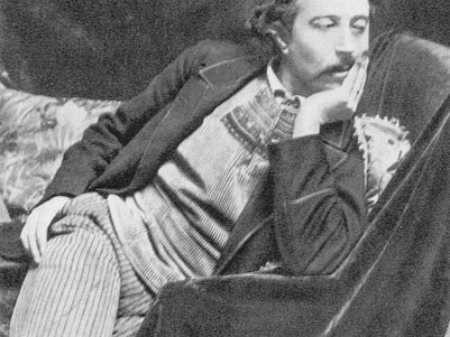
Delius socialised with many of the influential writers and artists of the time including Gauguin, Strindberg and Munch, and cultivating significant musical friendships with composers Edward Grieg and Percy Grainger which were to last his lifetime
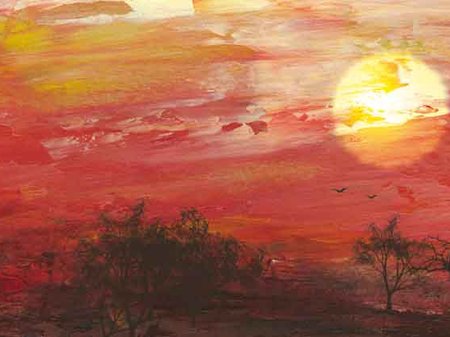
Delius’ music invariably carries illustrative titles, almost always in some way connected with the power of nature, but these are intended more as a guide to the music than an indication of a particular story line. When asked for a programme note on his orchestral work 'In a Summer Garden', Delius stated: "I do not much care for analytical programmes as they are generally done, and for modern impressionistic music they are totally useless. Besides, I wish the audience to concentrate their attention entirely on listening to the music and not to have their attention drawn away by musical examples.’"
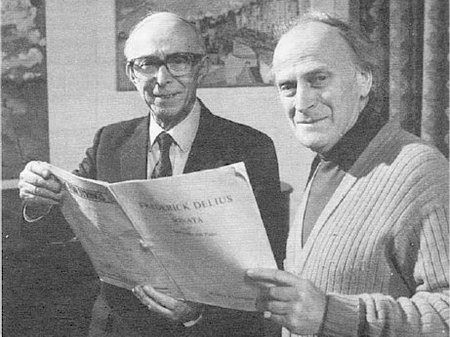
When, after years of ill health, Delius became unable to write, in 1928 a young Yorkshireman, Eric Fenby, went to Grez to act as his amenuensis, which enabled him to compose several more quite substantial pieces
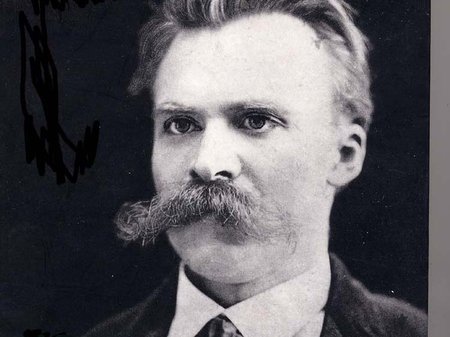
Delius was a big admirer of the German philosopher Friedrich Nietzsche. His piece 'A Mass For Life' was based on Also Sprach Zarathustra, which was also the inspiration for Richard Strauss’s piece of the same name.
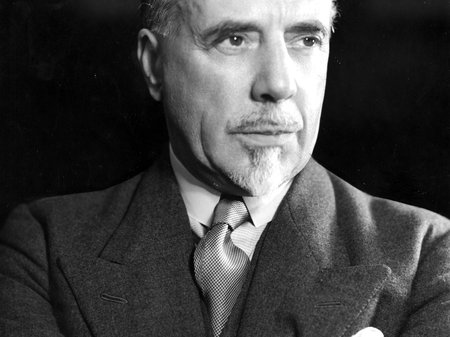
From 1907 his works were increasingly championed by the conductor Sir Thomas Beecham, helping to establish him as a leading British composer between the wars.
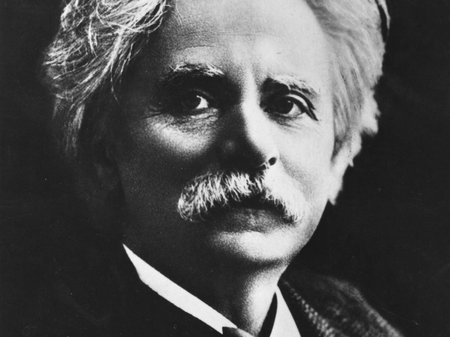
Following Delius’ stay in Florida, his father grudgingly allowed him to enrol on an 18-month course at the Leipzig Conservatoire. There Delius befriended Grieg, who helped persuade Delius’ parents that he should make music his career

The Paradise Garden in ‘A Village Romeo and Juliet’ is actually a dilapidated Pub where the lover's Sali and Vreli can "dance all night"
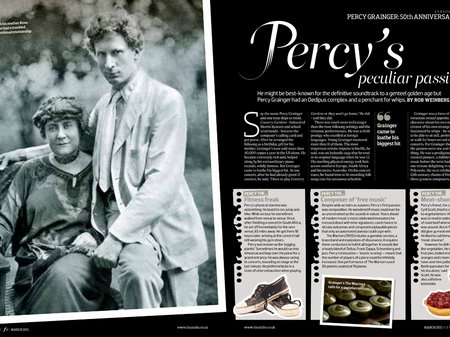
'Brigg Fair' by Delius was originally an English folk song for solo tenor and chorus. In April 1905, Percy Grainger recorded Joseph Taylor, a man in his early seventies singing Brigg Fair on wax cylinders shortly after a music festival in Brigg, North Lincolnshire. Delius was shown this work by Grainger after they first met in April 1907. Grainger then suggested to Delius that he should write orchestral variations on the tune
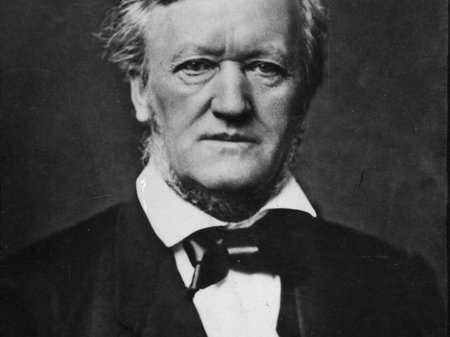
While studying in Leipzig, Delius became a fervent disciple of Richard Wagner, hoping to emulate the composer’s use of harmony and use of long musical paragraphs.

'On Hearing the First Cuckoo in Spring', one of Delius’s best loved pieces, borrows its theme from a Norwegian folk song called ‘In Ola Valley’. The theme was also borrowed by Grieg and Percy Grainger, both close friends of Delius.
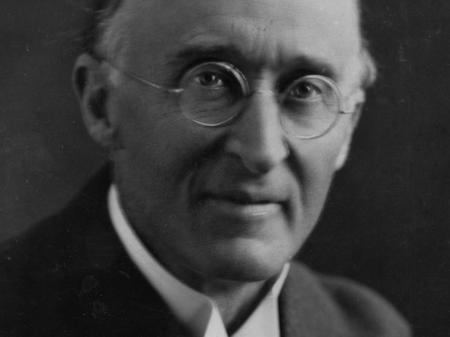
Recognition came late to Delius; before 1899, when he was already 37, his works were largely unpublished and unknown to the public. When the symphonic poem 'Paa Vidderne' was performed at Monte Carlo on 25 February 1894 in a programme of works from British composers, the Musical Times listed the composers as "...Balfe, Mackenzie, Oakeley, Sullivan ... and one Delius, whoever he may be".
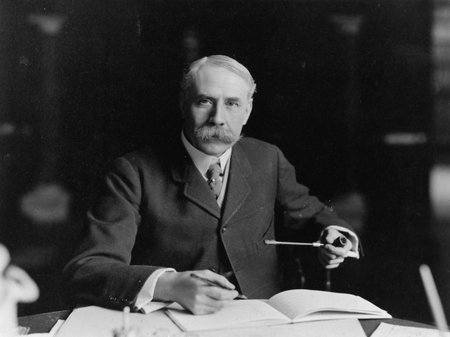
Delius died in June 1934 within four months of the two other great British composers of the period, Elgar and Holst.